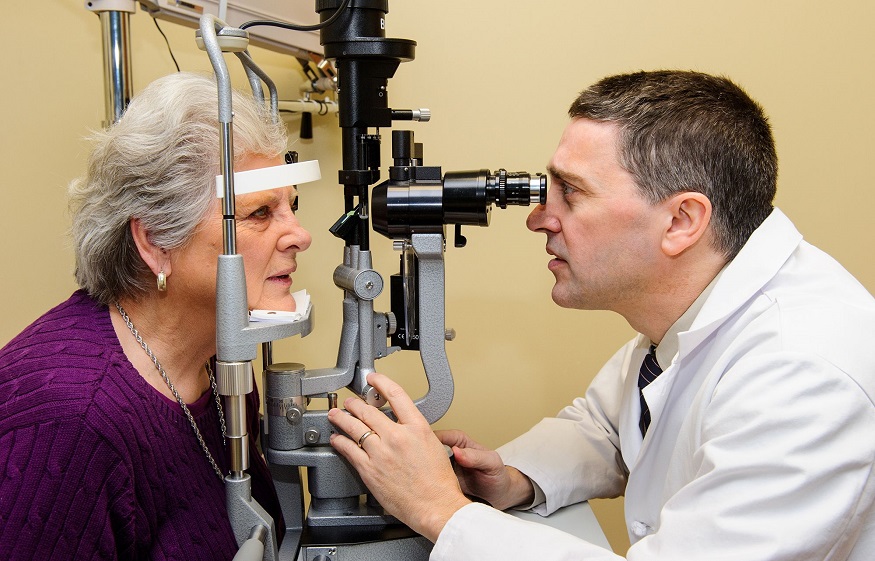
3 Important Things You Should Know About Macular Degeneration
Macular degeneration is a common condition among the elderly. It’s a leading cause of partial blindness in the US and can cause severe blindness among the elderly. According to the Centers for Disease Control (CDC), about two million Americans suffer from age-related macular degeneration. The condition is likely to affect older persons over age 60 but can still occur earlier.
What causes macular degeneration?
There’s no known cause for macular degeneration. However, the condition is strongly linked to genetic and environmental factors. It may occur as part of the natural aging process or gene relation. Therefore, you’re at risk of macular degeneration if there’s a history of the condition in your family. Also, other factors can improve your likelihood of suffering from macular degeneration; these include smoking, high blood pressure, and obesity.
What are the key things to understand about macular degeneration?
1. Macular degeneration leads to partial vision loss
With macular degeneration, you may see blurred or blank spots before you. Also, you may have difficulties reading small prints and may require supplementary light for a clearer vision. With this condition, you may realize that colors seem brighter and straight lines appear crooked.
If you notice such symptoms, it’s advisable to consult a doctor promptly.
2.Early diagnosis can detect macular degeneration before you have any symptoms
The major sign of macular degeneration is the loss of central vision and seeing obscured images. However, if you experience reduced peripheral vision or flashes of light on either eye, you may be having retinal tears. This is yet another condition that can affect your vision.
You don’t need to exhibit the symptoms to get a proper diagnosis. An ophthalmologist can diagnose the condition by conducting a complete eye exam. Macular degeneration diagnosis may include dilating or opening the pupil by putting eye drops into your eyes.
Still, the specialist may examine the back of your eye using a special magnifying lens. There are many other tests to determine whether you have macular degeneration and its stage.
There are different stages of macular degeneration; these are;
- Early
- Intermediate
- Late
The early stage shows no symptoms, while the intermediate stage exhibits a few signs. It can take years for the early stage to progress to the late stage, which can be wet or dry. The wet type of macular degeneration is rare but rapid. But, dry eye results in gradual loss of vision.
3. Prevention & Early treatment can save your vision
You can employ different strategies to lower your risk of macular degeneration. These include weight control, controlling your blood pressure and cholesterol levels. Your diet also matters; incorporate lots of leafy greens, fruits, and fish in your diet.
Your doctor may also recommend antioxidant-rich supplements. Although there’s no cure, you can preserve your vision through early detection and lifestyle changes. Also, the doctor may recommend laser surgery or inject medication for wet macular degeneration to prevent further vision loss.
Final thoughts
Macular degeneration affects one or both eyes, and vision loss progresses with time. Although the exact cause of macular degeneration isn’t known, having more information about the condition goes a long way. It helps in recognizing the signs and take prevention steps early enough.



